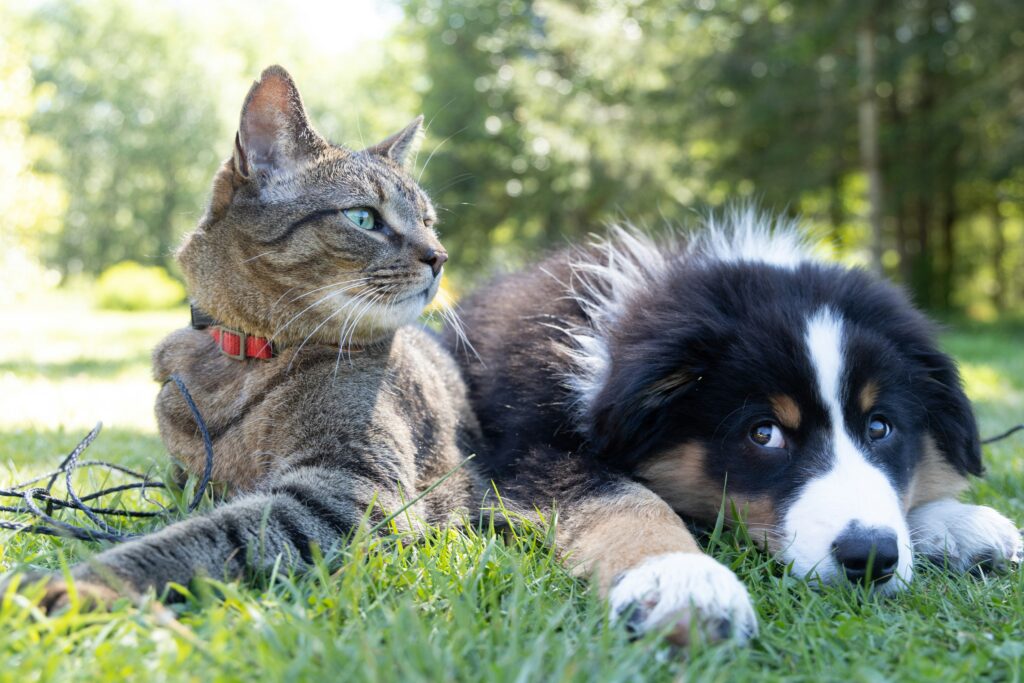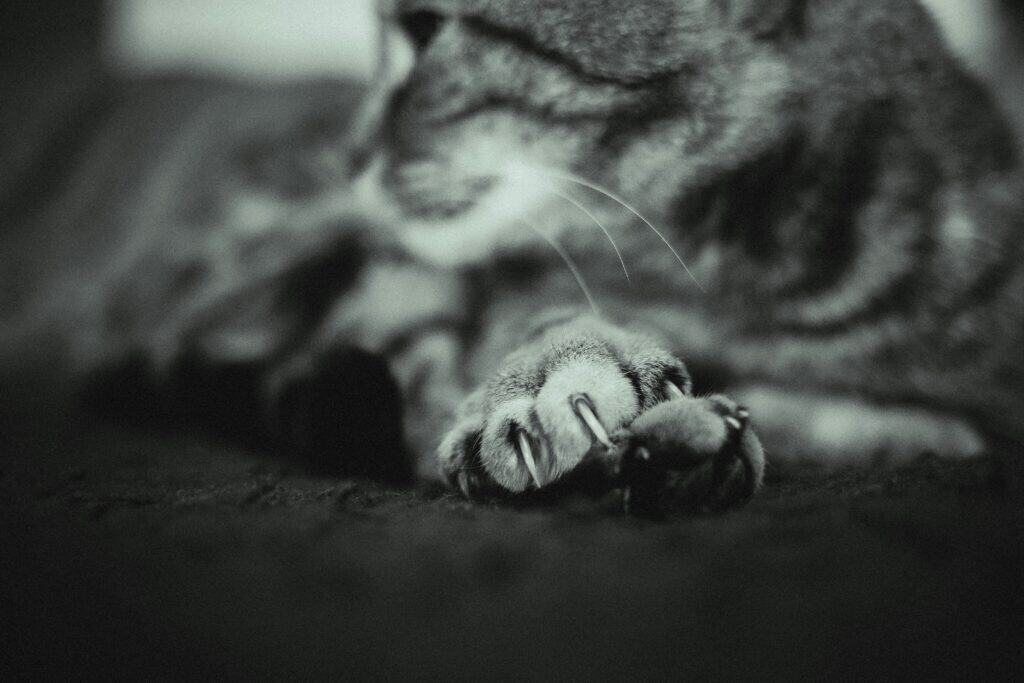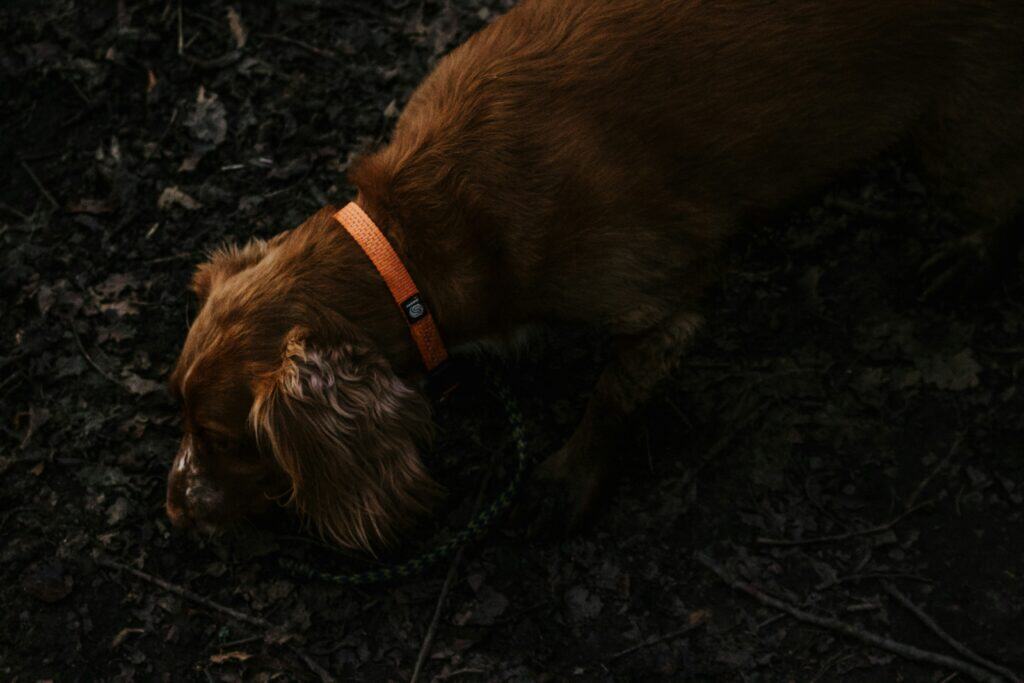Check how old is your pet in human years using our Pet Age Calculator.
Losing a pet can feel like losing a member of the family. The bond we share with our furry friends runs deep, and when they pass away, the grief can be overwhelming.
I’ve experienced this heartache firsthand, and it often leaves us searching for ways to cope. That’s where pet loss support groups come into play.
These groups offer a safe space to share our feelings, connect with others who understand our pain, and find comfort in shared experiences. But do they really help?
In this article, I’ll explore the benefits of joining a pet loss support group and how they can aid in the healing process. Whether you’re considering joining one or just curious about their impact, understanding their role can make a difference during such a difficult time.
Table Of Contents
Are Pet Loss Support Groups Helpful: Understanding Pet Loss
Pet loss profoundly impacts emotions, often mirroring the grief experienced when losing a family member. The connection between pets and their owners runs deep, marked by unconditional love and companionship.
When a pet passes away, it leaves a significant void, leading to feelings of sadness, confusion, and isolation in the owner.
Grieving a pet isn’t a linear process; it varies for everyone. Stages of grief can include shock, denial, anger, and eventual acceptance.
Key emotional responses may include guilt for not taking action to prevent the loss or longing for the pet’s presence. Understanding these feelings can aid in processing grief.
Pet loss support groups offer meaningful opportunities for grieving individuals. In these groups, members share their experiences, fostering connections that help normalize the grieving process.
Participants often express relief in discussing their feelings among others who truly understand the unique bond shared with pets.
Research indicates that support groups provide emotional validation and tools for healing. Many find comfort in listening to others’ stories and recognizing they are not alone in their grief.
Connection to a community can lighten the burden of sorrow and encourage healing through shared experiences.
Accessing pet loss support groups can significantly benefit those struggling with loss. Seeking professional assistance, alongside peer support, enhances coping strategies.
Group discussions often focus on honoring the pet’s memory, allowing individuals to celebrate the joy their pets brought into their lives while processing the heartache of loss.
The Role of Support Groups
Support groups play a crucial role in the healing journey for those grieving the loss of a pet. They offer a compassionate environment where individuals can share their feelings and experiences with others who truly understand their pain.
Emotional Benefits
Support groups provide significant emotional benefits for pet owners navigating grief. They enable individuals to express feelings in a safe space without judgment.
Sharing personal stories often leads to a sense of emotional relief, as participants realize they’re not alone in their struggles.
Emotional validation from others’ experiences fosters acceptance of grief’s complexity and uniqueness. Many participants report decreased feelings of isolation and increased hope through connection with others who share similar sentiments.
Community Connection
Support groups cultivate a strong sense of community among grieving pet owners. Participants find companionship and understanding through shared experiences, which can alleviate feelings of loneliness.
Regular interactions with others facing similar losses create bonds that extend beyond meetings. This sense of belonging enhances the healing process, offering a supportive network that encourages open discussion about emotions.
Community connections facilitate mutual support, empowering individuals to honor their pet’s memory collectively while continuing their personal healing journey.
Personal Experiences
Pet loss support groups offer invaluable opportunities for individuals to share their grief and find solace among others who understand. Each participant’s story reveals unique insights into the healing journey.
Testimonials from Participants
Participants often express transformative experiences in pet loss support groups. One member shares, “Joining the group helped me to feel less isolated.
Hearing others talk about their pets made me feel understood.” Another participant states, “I found comfort in knowing I wasn’t alone in my grief.
My emotions, anxiety, and sadness were echoed by others.” Many individuals report that the support they received helped validate their feelings, transitioned their sorrow into healing, and provided a sense of community that significantly impacted their grieving process.
Different Types of Support Groups
Support groups vary, catering to diverse needs and preferences. Online support groups provide flexibility for those with mobility issues or geographical constraints.
In-person meetings foster a deeper sense of connection through face-to-face interactions. Some groups focus on specific situations, like sudden loss or chronic illness in pets, while others embrace general support for all pet owners.
Each format allows participants to engage at their comfort level, fostering an environment that encourages sharing and understanding.
Professional Insights
Professional insights highlight the various perspectives on the importance of pet loss support groups in the grieving process.
Experts recognize the profound emotional journey pet owners experience, affirming the need for supportive communities during this challenging time.
Expert Opinions on Grief
Experts in grief and loss emphasize that the bond between pets and their owners is unique and deeply emotional.
Dr. Julie A. Azzaro, a licensed psychologist specializing in pet loss, notes that many people view their pets as family members and experience grief similar to that of losing a human loved one.
She advocates for the use of support groups to facilitate open dialogue about feelings of loss, stating that shared expressions of grief can be healing.
Dr. Alan Wolfelt, a noted grief educator, underscores the value of talking about memories and feelings in a safe environment, which support groups provide.
Such environments help individuals navigate their personal grief journeys through communal understanding.
Psychological Benefits of Support
Research indicates that participating in pet loss support groups can offer numerous psychological benefits. Engaging with others who share similar experiences fosters an environment of empathy and understanding.
Participants often report reduced feelings of isolation and heightened emotional relief. Support group settings enable attendees to process their grief actively, encouraging healthy emotional expression rather than suppression.
Moreover, interactions within these groups often build resilience, empowering individuals to cope with their loss more effectively.
Insights from group members reveal that feeling heard and validated contributes significantly to the healing process, reinforcing the positive impact these groups have on mental well-being.
Alternatives to Support Groups
Finding ways to cope with the loss of a pet can take various forms beyond support groups. Several alternatives effectively aid in the grieving process and promote healing.
Counseling or Therapy
Seeking professional help offers personalized support and coping strategies. Therapists can provide tools for processing grief and dealing with complex emotions. Types of therapy include cognitive-behavioral therapy (CBT) and grief counseling, both designed to address loss.
Online Forums and Communities
Engaging in online communities allows pet owners to connect with others experiencing similar grief, regardless of location. Online forums provide a platform for sharing stories and seeking advice, creating a virtual support network that’s accessible at any time.
Journaling
Writing about feelings can serve as a powerful outlet for emotions. Journaling promotes self-reflection and acts as a safe space for expressing grief. Documenting cherished memories or writing a letter to the lost pet can foster emotional healing.
Memorializing Your Pet
Creating a memorial can provide comfort and a lasting tribute to the pet’s memory. Options include planting a tree, setting up a dedicated space with photographs, or crafting a scrapbook. These acts of remembrance honor the bond shared and facilitate the grieving process.
Engaging in Pet-Related Philanthropy
Contributing to animal shelters or rescue groups may help fill the void left by a pet’s passing. Volunteering time or making donations honors the love received and channels grief into a positive action.
Participating in Creative Outlets
Engaging in creative activities like painting, music, or crafting can express and process emotions. Art provides a non-verbal way to explore grief, allowing individuals to convey feelings that may be difficult to articulate.
Physical Activity
Exercise can boost mood and relieve stress, making it beneficial in coping with grief. Activities like walking, yoga, or swimming help to release endorphins, which support emotional well-being.
Each of these alternatives offers unique benefits, allowing individuals to find the coping strategies that resonate most with them.
Key Takeaways
- Empathy and Understanding: Pet loss support groups provide a compassionate environment where individuals can share their grief with others who truly understand their emotional struggles.
- Emotional Benefits: Participants often experience relief from isolation and emotional validation, helping them navigate the complexities of grief through shared stories.
- Community Connection: Engaging with a group fosters a strong sense of community, allowing members to form lasting bonds that promote continued healing and support.
- Professional Insights: Experts highlight the importance of these support networks in managing grief, emphasizing that the bond with pets can be as profound as losing a human loved one.
- Multiple Support Options: While support groups are valuable, alternatives like therapy, online forums, and creative outlets also play significant roles in the healing process.
Conclusion
Finding solace in a pet loss support group can be a transformative experience. I’ve seen firsthand how sharing stories and emotions with others who truly understand the depth of this grief can lighten the burden.
It’s comforting to know that I’m not alone in my feelings and that others have navigated similar paths.
These groups offer a unique space for healing where empathy and connection thrive.
Whether through in-person meetings or online forums, the support I’ve received has helped me honor my pet’s memory while processing my loss. Embracing this journey together promotes hope and resilience, reminding us that healing is possible.
Frequently Asked Questions
What is the emotional impact of losing a pet?
Losing a pet can cause profound grief similar to losing a family member. Pet owners often experience sadness, confusion, and isolation due to the deep bond shared with their pets. The grieving process is unique to each individual and may include shock, denial, anger, and acceptance.
How can pet loss support groups help?
Pet loss support groups provide a safe space for individuals to express their feelings and share experiences with others who understand their grief. These groups can foster emotional validation, reduce feelings of isolation, and enhance coping strategies, ultimately aiding in the healing process.
Are there different types of pet loss support groups?
Yes, there are various types of pet loss support groups. Some meet in-person, while others operate online, catering to those with mobility issues or geographical constraints. Groups may focus on specific situations, such as sudden loss or chronic illness, or provide general support for all pet owners.
What are the psychological benefits of joining a support group?
Joining a pet loss support group can offer numerous psychological benefits, such as reduced feelings of isolation and emotional relief. Participants often report feeling heard and validated, which significantly contributes to the healing process, fostering empathy and understanding among members.
What alternatives exist for coping with pet loss?
Alternatives to support groups include seeking professional counseling, engaging in online forums, journaling, creating memorials, participating in pet-related philanthropy, exploring creative outlets, and incorporating physical activity. Each strategy provides unique benefits, allowing individuals to find coping methods that resonate with them.





